
What's not to like about Ghana for international business investors?
Its 'middle income' economy helps, and the fact that it is a constitutional democracy with a strong judicial system. Not to mention the cachet of its being the first African country to throw off colonialism and gain independence.
Its stock exchange is the fifth largest in Africa and the World Bank has estimated that Ghana's economy would grow by 6.1% in 2017, considerably more than the dire forecast for South Africa.
Against all that is positive, though, many hesitate to commit because of erratic, sometimes crippling, problems with electricity supply. 'Dumsor' - the off-again, on-again, problems we call 'load shedding' in South Africa - has held back development, with a 2014 study suggesting Ghana lost up to $320m (US ) per annum in productivity due to power crises.
So when the Accra government concluded a deal with Balkan Energy in 2007 it seemed to promise some welcome, additional stability in that country's energy resources. But the deal soured and the dispute was eventually taken to international arbitration, as provided for in the official 'power purchase agreement'. In April 2014 the Permanent Court of Arbitration in The Hague announced its decision: an award of over $12m in favour of Balkan. Ghana, however, has steadfastly refused to pay.
What does this stalemate have to do with South Africa? Last week Balkan Energy applied to the High Court in Johannesburg for the attachment of more than six million shares held by the government of Ghana in AngloGold Ashanti. These shares, said Balkan, would satisfy the arbitration award to which it was entitled. In addition Balkan wants to bring an action against the government of Ghana to have the arbitration award made an order of the High Court in Johannesburg.
No one pretended that the South African connection in the litigation was anything but slight. As Acting Judge Steven Kuny remarked in his decision: 'The only connection to the forum of the court in South Africa is the fact that (the government of Ghana) purportedly owns shares in a company whose registered office is situated within the jurisdiction of the court.'
It's a fascinating legal puzzle. To reach the conclusion that it had jurisdiction to grant the application the court revisited, among others, the 2013 Constitutional Court decision that allowed the seizure and sale of property in Cape Town owned by the Zimbabwe government, to meet a costs order granted against Zimbabwe by the SADC tribunal - a forum based in Windhoek before it was disbanded. In that case the court held it was important to ensure that 'lawful judgments are not to be evaded with impunity by any state or person in the global village.'
In granting the order, the judge said he was aware that the application had been brought without notice to the government of Ghana which had thus not had an opportunity to make submissions to the court or oppose the order that Balkan wanted. However, in terms of 'well established practice and principles', Ghana had the right to approach the court to set aside or alter the order if it believed there were grounds to do so.
In addition, Ghana would have the opportunity to oppose the application that Balkan will bring to make the arbitral award an order of court in South Africa.
A key part of the original dispute between Ghana and Balkan had to do with interpretation of a rather vague constitutional provision to the effect that the parliament of Ghana 'may' approve government loans and that the section should, 'with the necessary modifications by parliament', apply to 'an international business or economic transaction' to which the government is a party.
At the time the deal was struck with Balkan no-one thought parliamentary approval was needed because no 'modifications' had been made. And as the deal was with Balkan Ghana it did not appear to be an 'international business transaction'. When the relationship deteriorated, however, government invoked this section and the issue ended up at the highest court. There the judges interpreted 'international business transaction' in a way that meant the Balkan deal was affected by the section and that parliamentary approval should have obtained.
At the time, Norton Rose Fulbright issued a review of the decision and concluded: 'anyone doing business in Ghana will need to do so with the judgment in mind'. They suggested business should ask the Attorney-General for a certificate on whether any proposed deal should be regarded as 'major' - this was the test the court proposed to establish whether the transaction required parliamentary approval.
Prominent Ghanaian attorney Ace Anan Ankomah represented Balkan in the Ghana Supreme Court and at the international arbitral proceedings. He told me that, after a series of cases involving foreign companies in which the court refined the requirement for 'approval' by parliament, 'international business is wary of Ghana'. Ankomah, who was involved in at least one other of these cases, added that some foreign companies now 'demand parliamentary approval for everything' to cover themselves.
He says that lawyers now advise foreign clients not only to seek initial parliamentary approval for contracts with the government, but also for every subsequent amendment or change in the contracts. He speaks of instances where some even demanded 'political risk insurance' to protect themselves against the problem that each time government changed, the new administration would attack the contracts of those concluded by the previous government.
There's other evidence that word of these peculiar difficulties has spread: PriceWaterhouseCooper in its guide to investment in Ghana includes these two cautions on its list of 'risks' - 'government bureaucracy when awarding and paying for contracts' as well as inadequate electricity supply countrywide.
Read Full Story







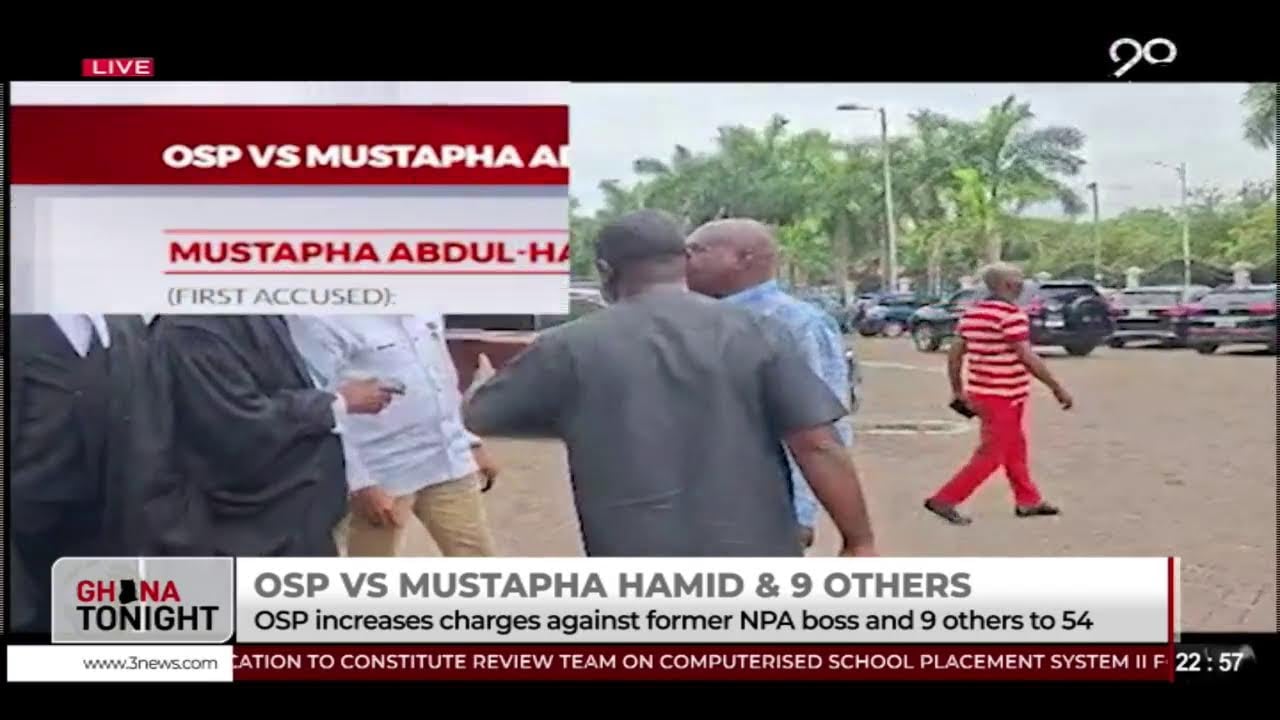
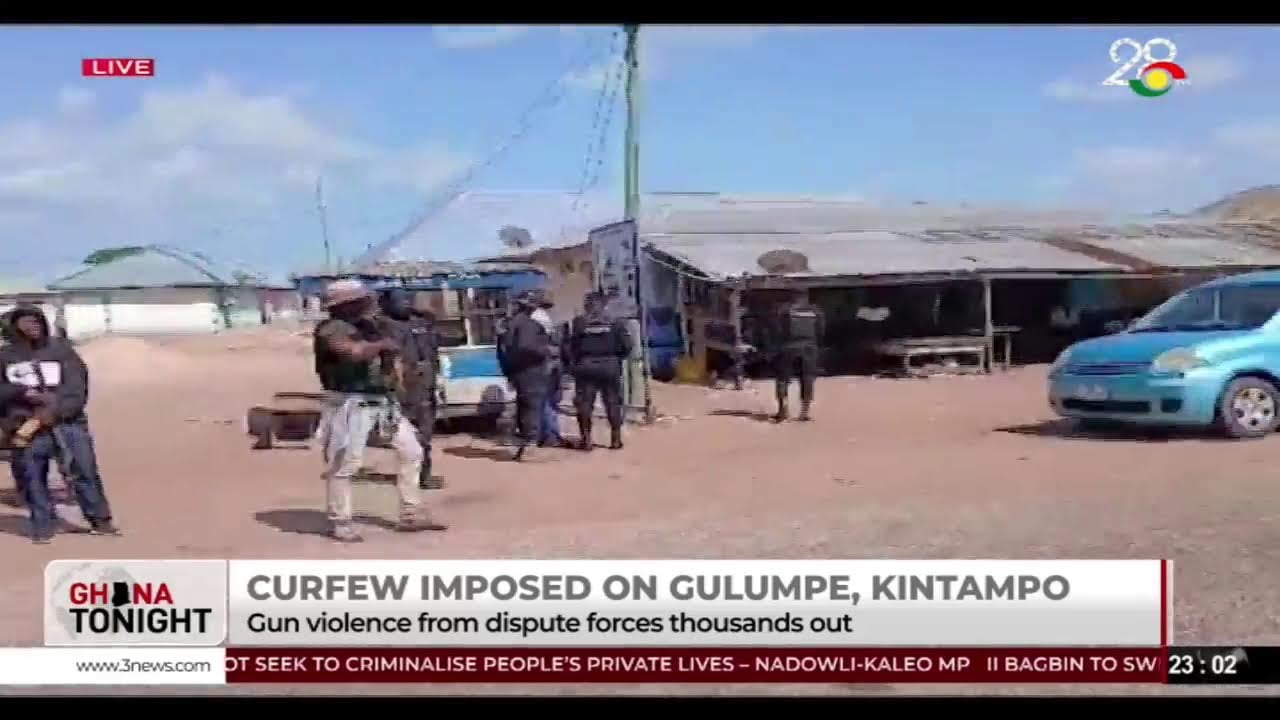
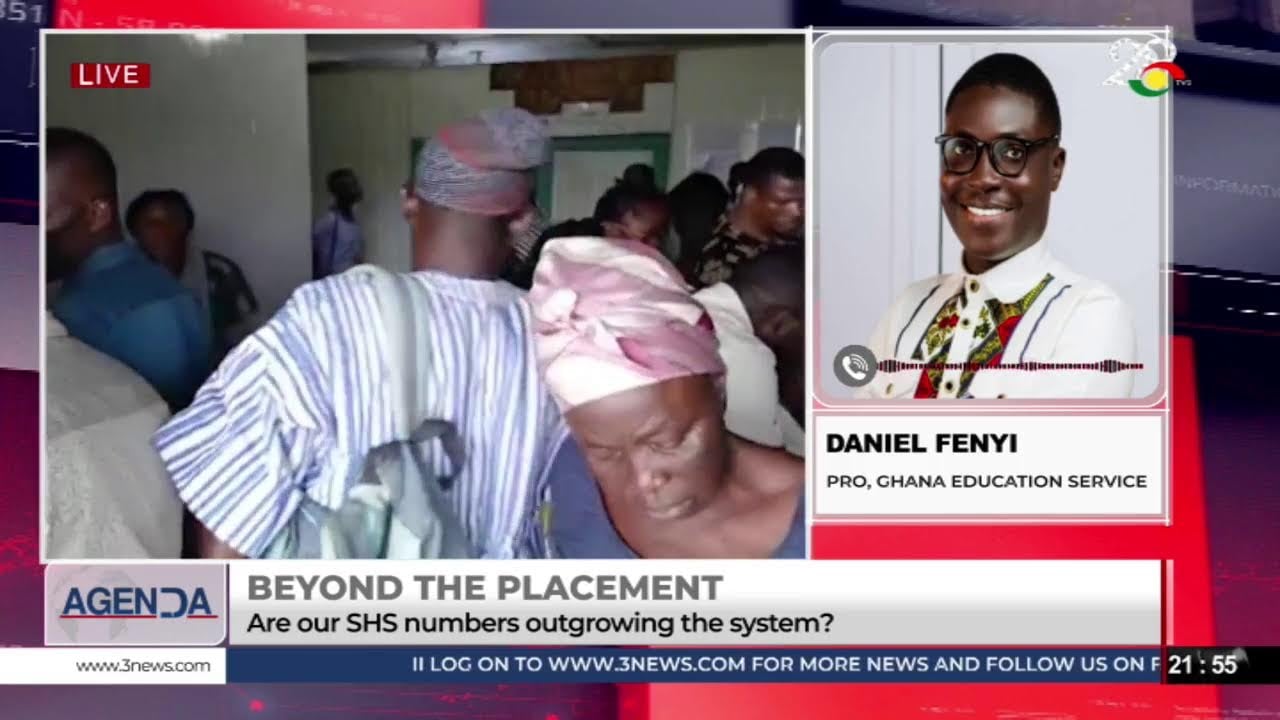


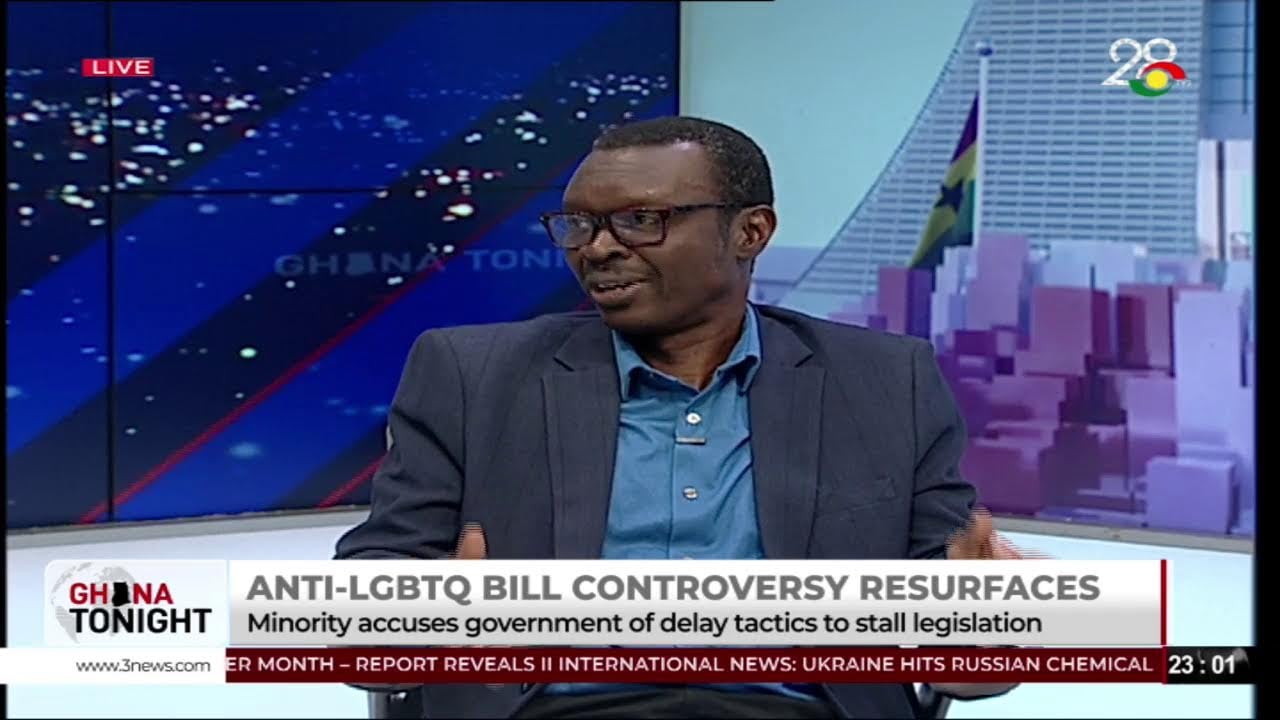
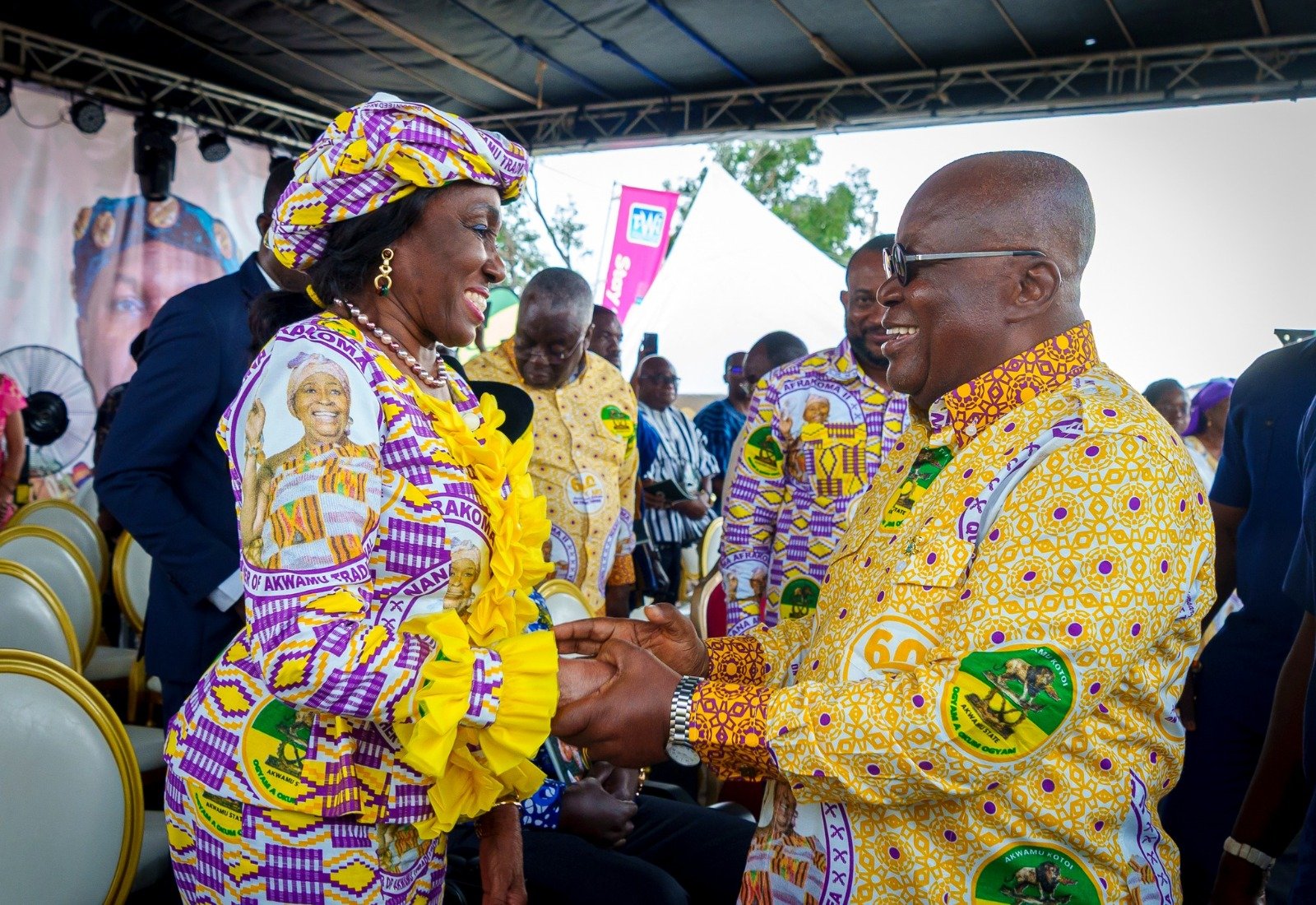




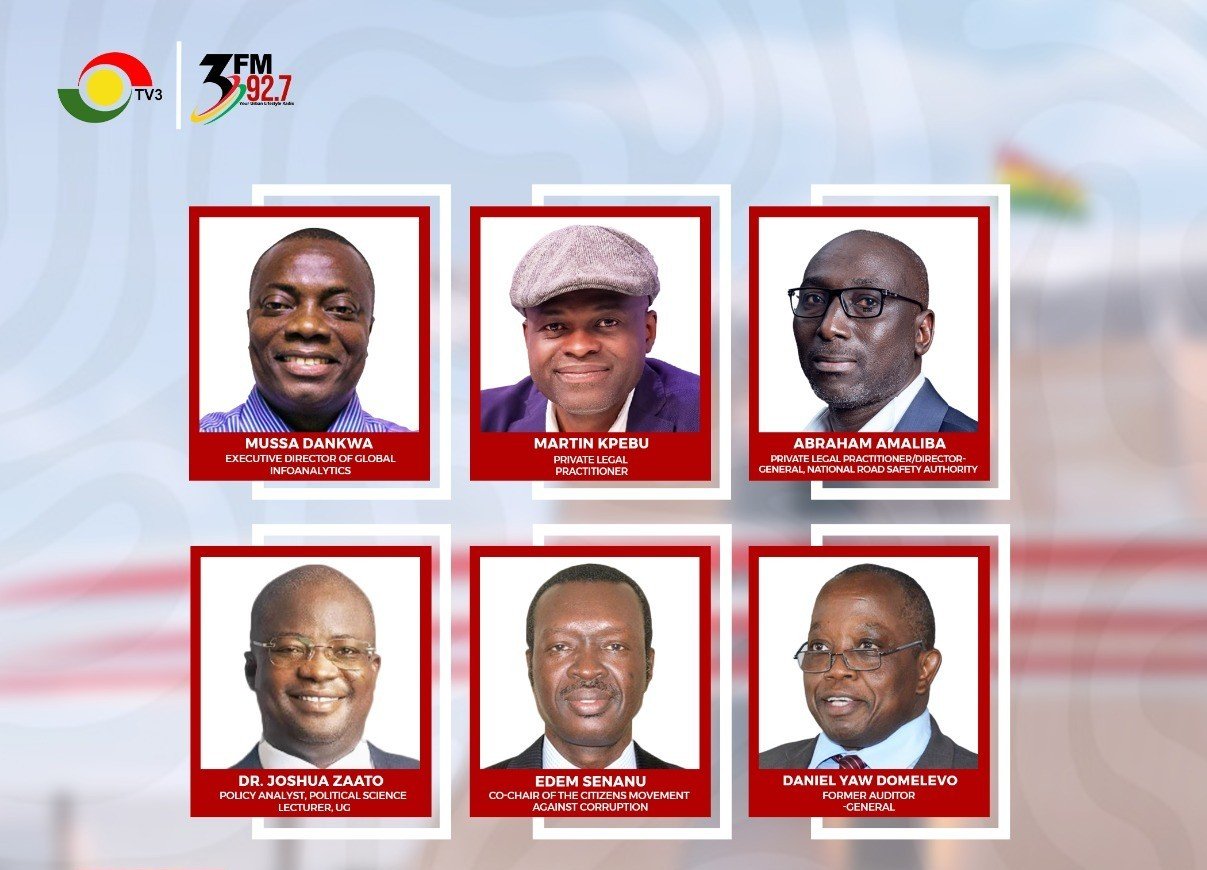
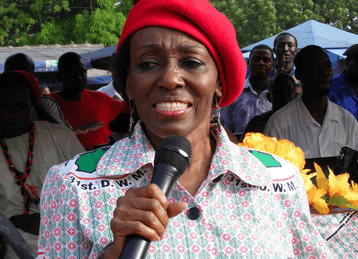




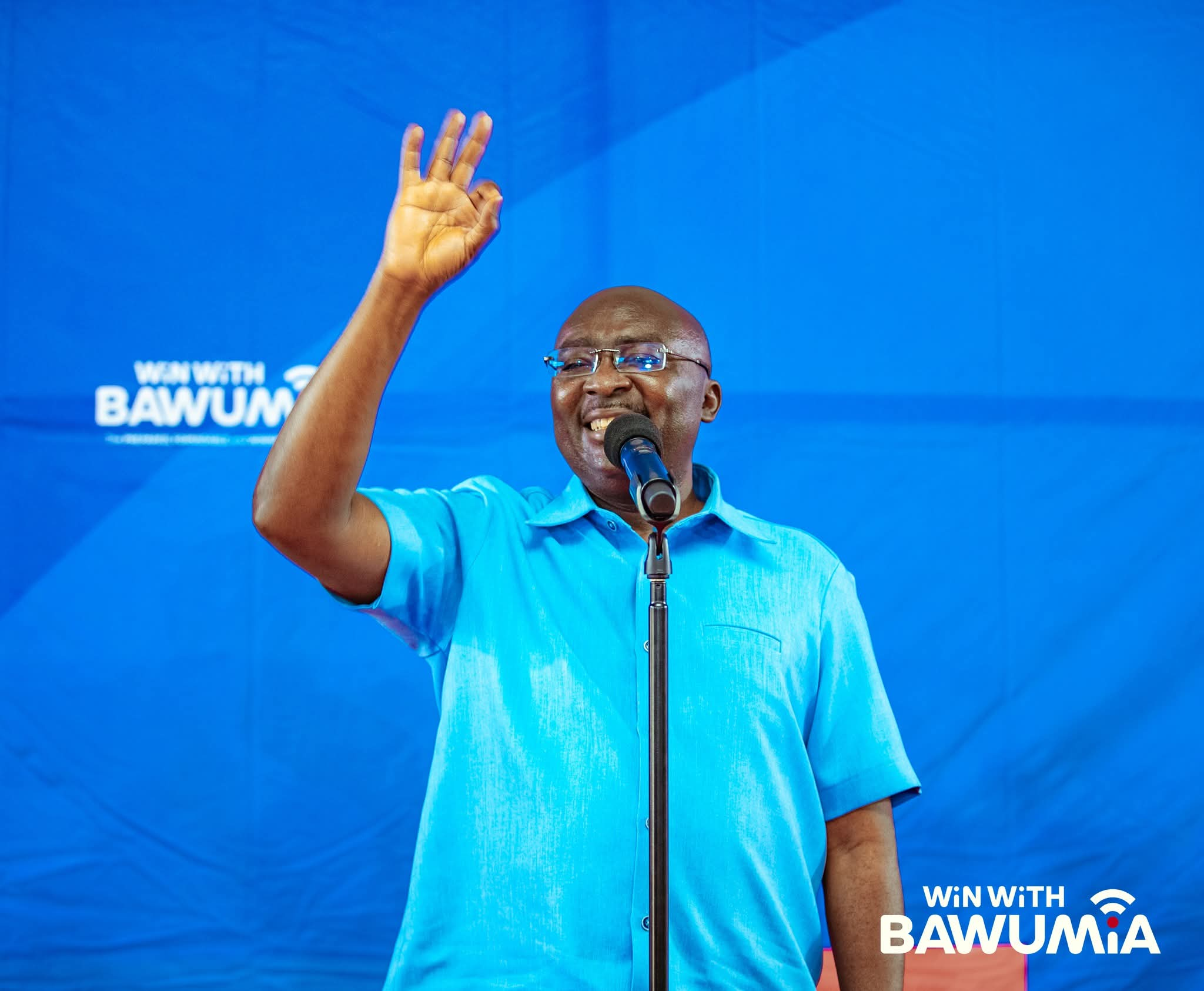
Facebook
Twitter
Pinterest
Instagram
Google+
YouTube
LinkedIn
RSS